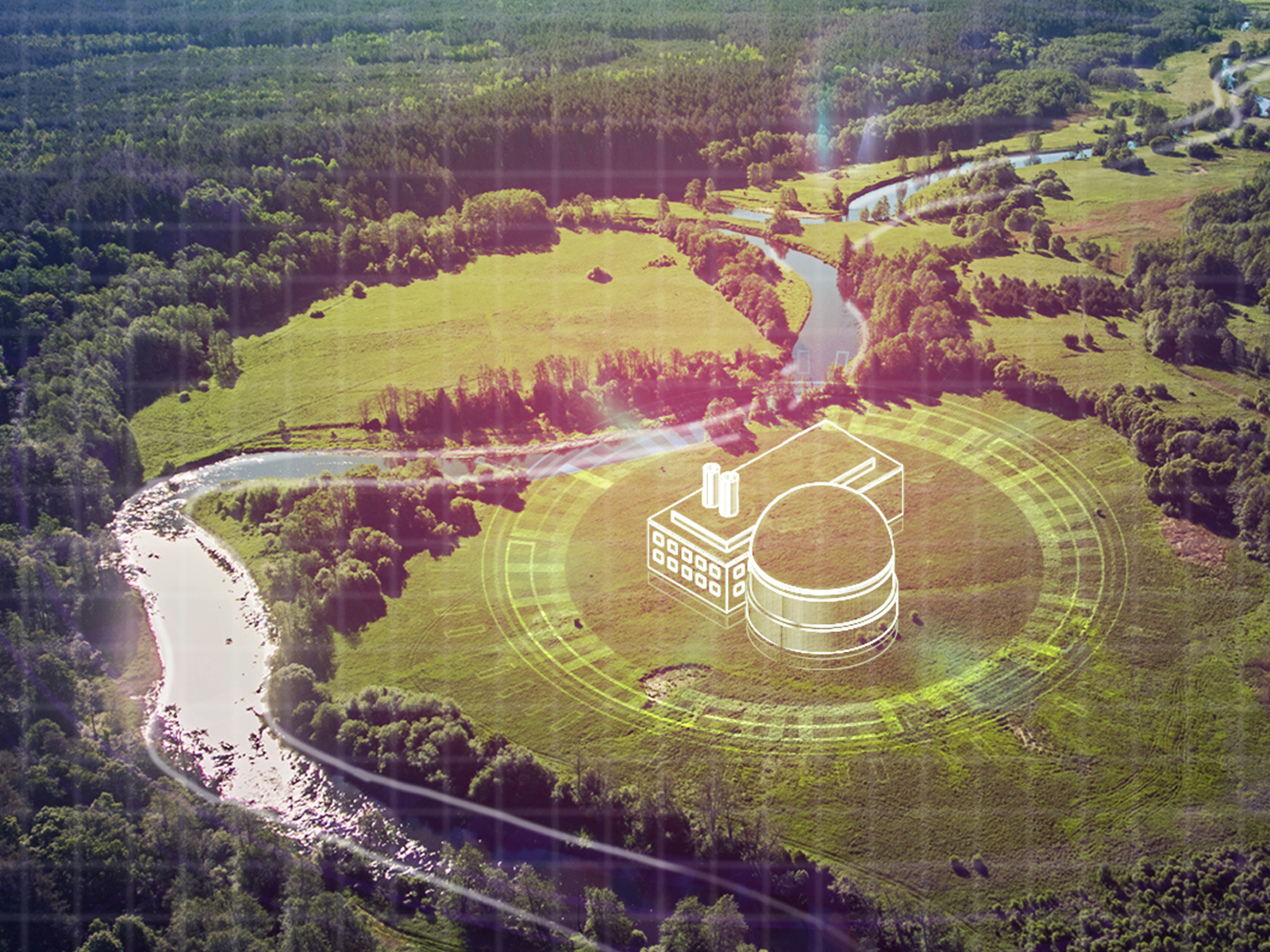Environmental & Risk Assessment for Complex Sites
Our expertise lies in developing solutions and tools to address complex challenges with difficult trade-offs.
Our expertise lies in developing solutions and tools to address complex challenges with difficult trade-offs. We help decision-makers, agencies, and industry partners navigate the impacts of climate change and changing baselines and evaluate environmental justice, energy infrastructure siting, flooding potential, and contaminant fate and transport.
National Environmental Policy Act

For over 45 years, Pacific Northwest National Laboratory (PNNL) has produced scientifically credible, trusted, and legally defensible analyses to meet federal, state, and local environmental regulations and guidelines. With over 60 environmental reviews to our credit, we have a long history supporting agencies such as the Nuclear Regulatory Commission, the U.S. Department of Energy, the U.S. Department of Defense, Bonneville Power Administration, and the National Nuclear Security Administration.
We work interactively with clients and stakeholders throughout the NEPA process using tools and techniques that rigorously analyze the trade-offs between costs, public risks, and stakeholder values.
Risk Assessment
Our researchers develop and apply analytic methods to assess, quantify, and understand risk (e.g., safety and security) necessary to support decision-making and policy development. By advancing the understanding of complex Earth systems, we quantify and mitigate human and ecological risks posed by built systems, regulatory policies, and/or decisions (e.g., infrastructure operation, land cover decisions, and urban development in coastal areas) in critical areas of energy, environment, intelligence, and defense.
National Historic Preservation Act
With longstanding and trusting relationships with tribes, PNNL has expertise in tribal-specific, culturally sensitive engagement. This includes identification of Tribes with geographic connections to various projects throughout the United States, along with social scientists who are experts in National Historic Preservation Act Section 106 consultations, traditional cultural property documentation, and oral history interviews.
Human Factors
We apply rich expertise in advanced and innovative methods from cognitive systems engineering, human reliability analysis, interactive visual analysis, automated analytics, and decision analysis to improve human performance, enhance human-machine interaction and teaming, and empower individuals to take advantage of automation to optimize mission completion. This work encompasses a variety of projects including, assessing impacts of the environment (e.g., flooding) on operator performance, social modeling, fitness for duty, risk assessments, cognitive modeling, and human-machine teaming.